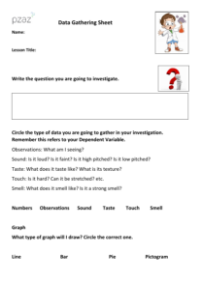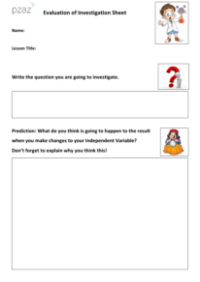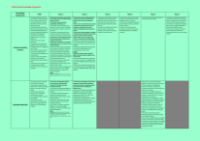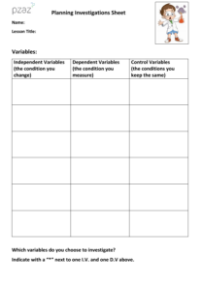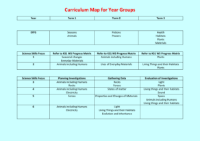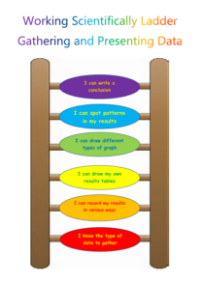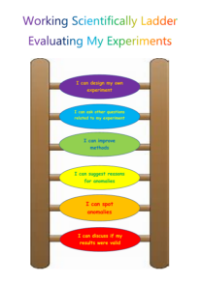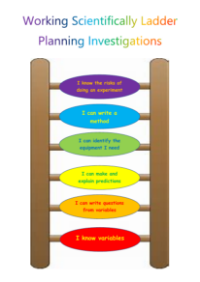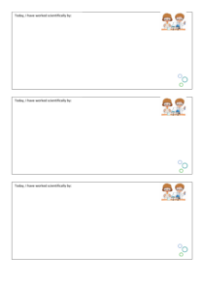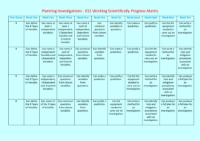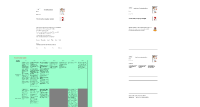Planning Investigations Keywords
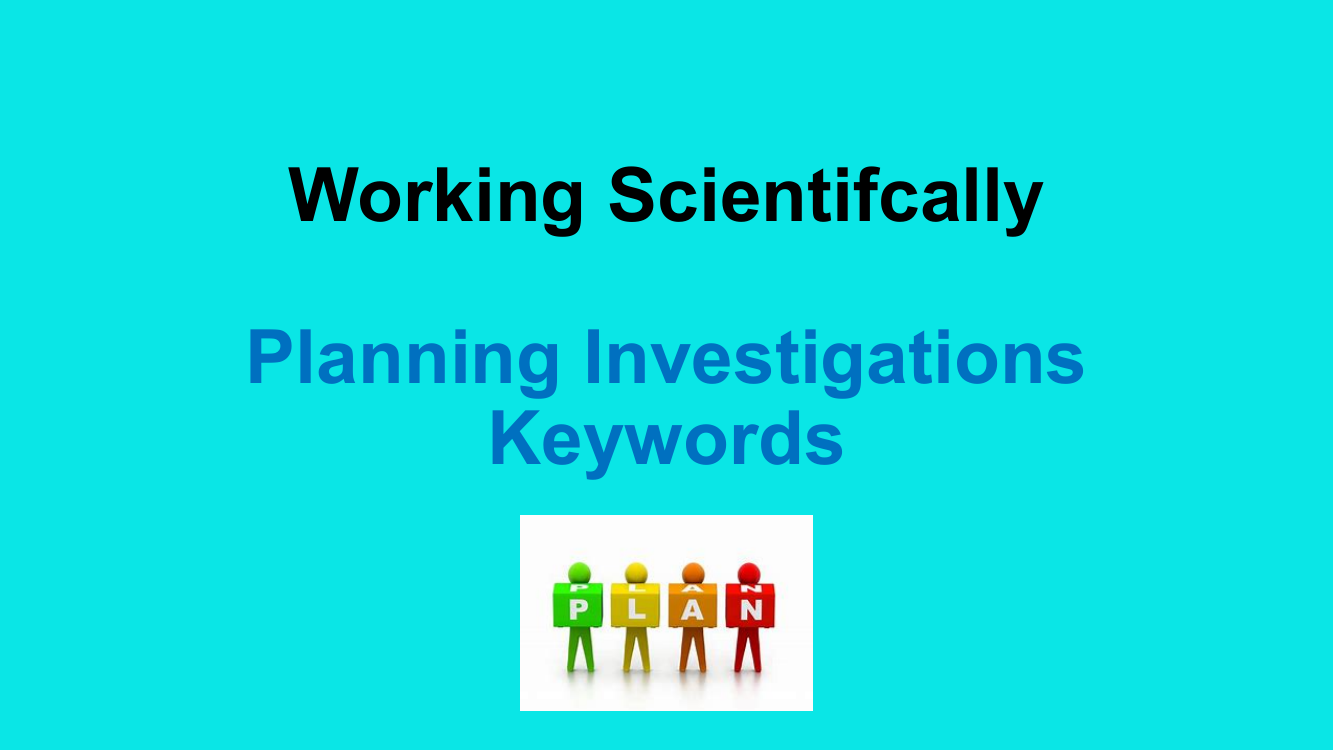
Science Resource Description
When embarking on scientific investigations, understanding key terms is crucial for planning and conducting experiments effectively. A 'variable' is an essential concept, referring to any factor that can be changed, measured, or controlled within an experiment. There are three primary types of variables: independent, dependent, and control variables. The independent variable is the one condition that the experimenter actively changes to observe effects, and it is pivotal to conduct a fair test by only altering one independent variable at a time. The dependent variable, on the other hand, is what the experimenter measures during or after the experiment, and multiple measurements can be taken simultaneously.
Control variables are those conditions that are kept constant throughout the experiment to ensure reliable results. Formulating a question is a critical step in planning an investigation, as it connects the independent and dependent variables to define the experiment's focus. Predictions and hypotheses are also integral to the scientific process, with predictions being assumptions about the experiment's outcome, and hypotheses being testable statements. The equipment and method outline the specific tools and procedural steps needed to carry out the experiment, while identifying risks helps to ensure safety by recognizing potential hazards and implementing measures to prevent harm. Lastly, understanding the difference between a fair test, which involves numerical independent and dependent variables, and a comparative test, which examines different categories, is important for achieving valid results and drawing accurate conclusions.
